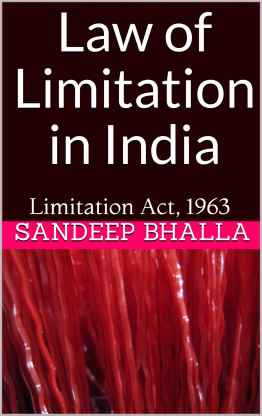Scope of Sovereign Immunity:
Business or commercial activities carried out by one Country in the territory of another country ordinarily not entitled to plead sovereign immunity.
Principle of sovereign Immunity
There is no agreed principle except this: that each State ought to have proper respect for the dignity and independence of other States. Beyond that principle there is no common ground. It is left to each State to apply the principle in its own way, and each has applied it differently. Some have adopted a rule of absolute immunity which, if carried to its logical extreme, is in danger of becoming an instrument of injustice. Others have adopted a rule of immunity for public acts but not for private acts, which has turned out to be a most elusive test. All admit exceptions. There is no uniform practice. There is no uniform rule. So there is no help there.
Continue reading “Sovereign Immunity in Commercial Matters?”

